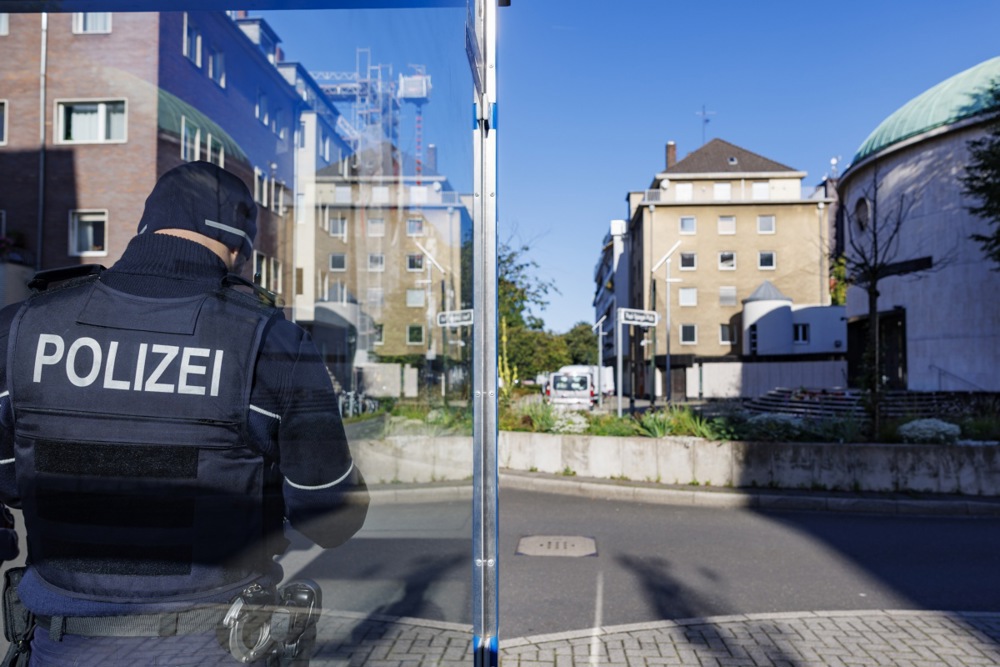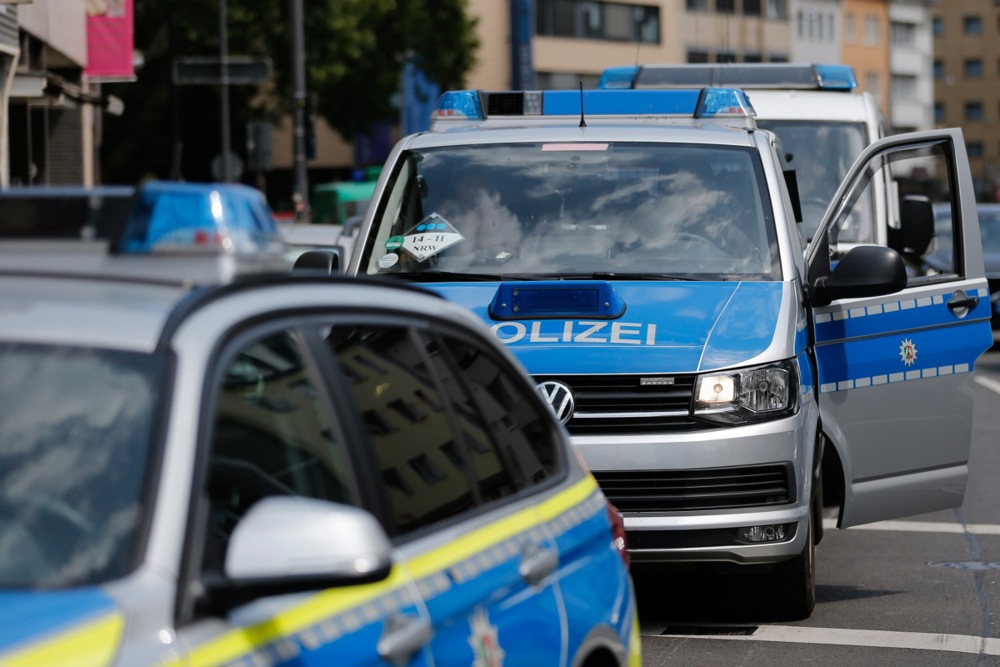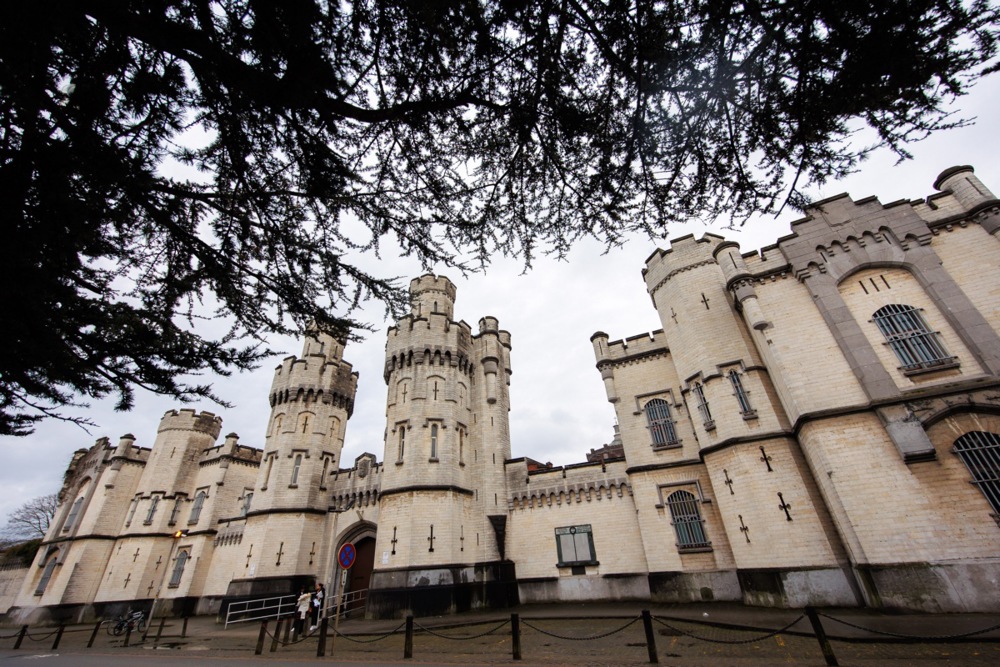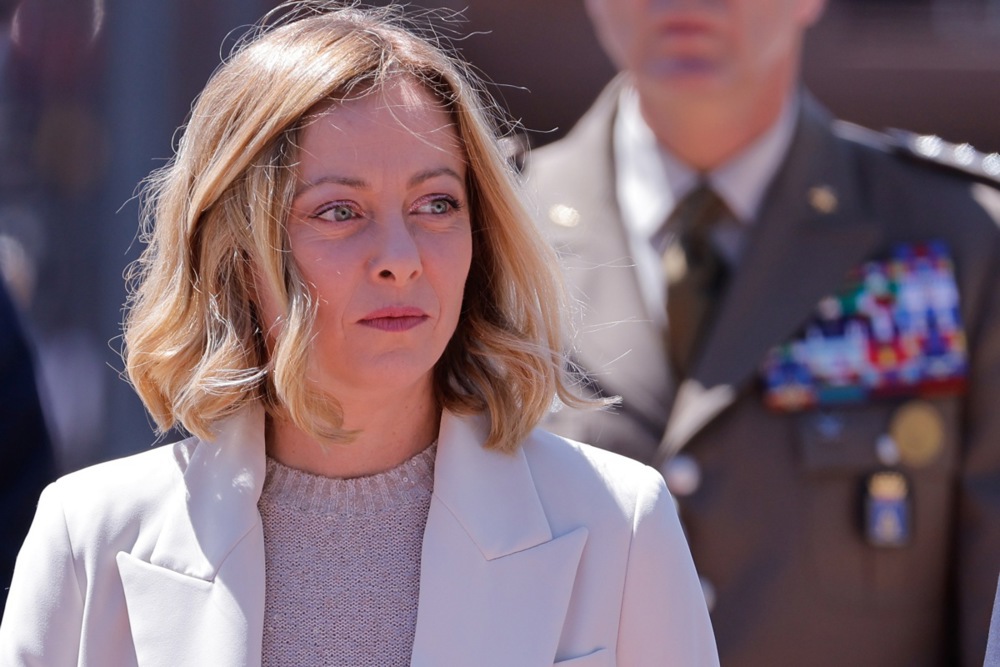A huge explosion in the Dutch city of The Hague has claimed the lives of at least six people, with the death toll potentially rising to as many as 20.
Authorities believe there are strong indications the blast in the early morning of December 7 in the Mariahoeve neighbourhood of the city has links with the drug trade.
At the time of writing, rescue teams had recovered 11 people from the rubble, six of whom have died, with some 19 families left homeless following the major explosion, which was preceded by a number of smaller ones.
Authorities are uncertain how many individuals remain trapped beneath the debris but said the death toll will likely rise. The search for other missing people has been made more difficult due to the risk of damaged buildings collapsing.
Mayor Jan van Zanen described the rescue efforts: “The last stone is being turned over to get victims out from under the rubble,” adding: “By Monday, there will be empty spaces in classrooms, businesses, and offices.”
Chief Public Prosecutor Margreet Fröberg confirmed that the cause of the explosions was still unknown, although she said there were indications of criminal involvement, details about which have not yet been disclosed.
Justice Minister David van Weel acknowledged these suspicions, without giving further information.
“If this were the result of a deliberate explosion, then that is terrible,” he said. “If this is a crime, we will catch the perpetrators.”
Investigators are examining a burned-out car found near the destroyed buildings to determine its connection if any to the incident.
The police are also on the lookout for the driver of a car that sped away just after the main explosion.
A so-called Large-Scale Investigation Team (TGO) has been established. Such teams usually consist of about 25 detectives.
Videos of the incident show that there were first a series of smaller explosions before the main one, making it less likely that they were a result of a fireworks or gas explosion. experts said.
Hier de explosies in geluid van onze voordeur camera.
Eerst twee zachtere knallen en daarna de grote.#tarwekamp #explosies #Mariahoeve pic.twitter.com/FmgUXmBmVj— Sabberdijosia (@SabberDiJosia) December 7, 2024
Voluntary organisations have already raised money for the victims, collecting more than €300,000 at the time of writing. Clothes have also been collected to help the affected residents.
The Netherlands has become one of the countries in Europe where illegal drugs are an increasing problem.
In particular, the so-called “Mocro Mafia,” a term used for criminal networks predominantly tied to Moroccan-Dutch individuals, has been linked to various crimes, including targeted assassinations, kidnappings, bombings and threats against journalists, lawyers, and public officials.
The gang-led violence often stems from disputes over drug routes or unpaid debts, with innocent individuals sometimes caught in the crossfire, heightening public fear.
Extreme violence connected to organised crime is reaching new heights in the German city of Cologne. According to police, this is in large part due to the so-called “Mocro Mafia”. https://t.co/EOv2SztfEo
— Brussels Signal (@brusselssignal) July 10, 2024





